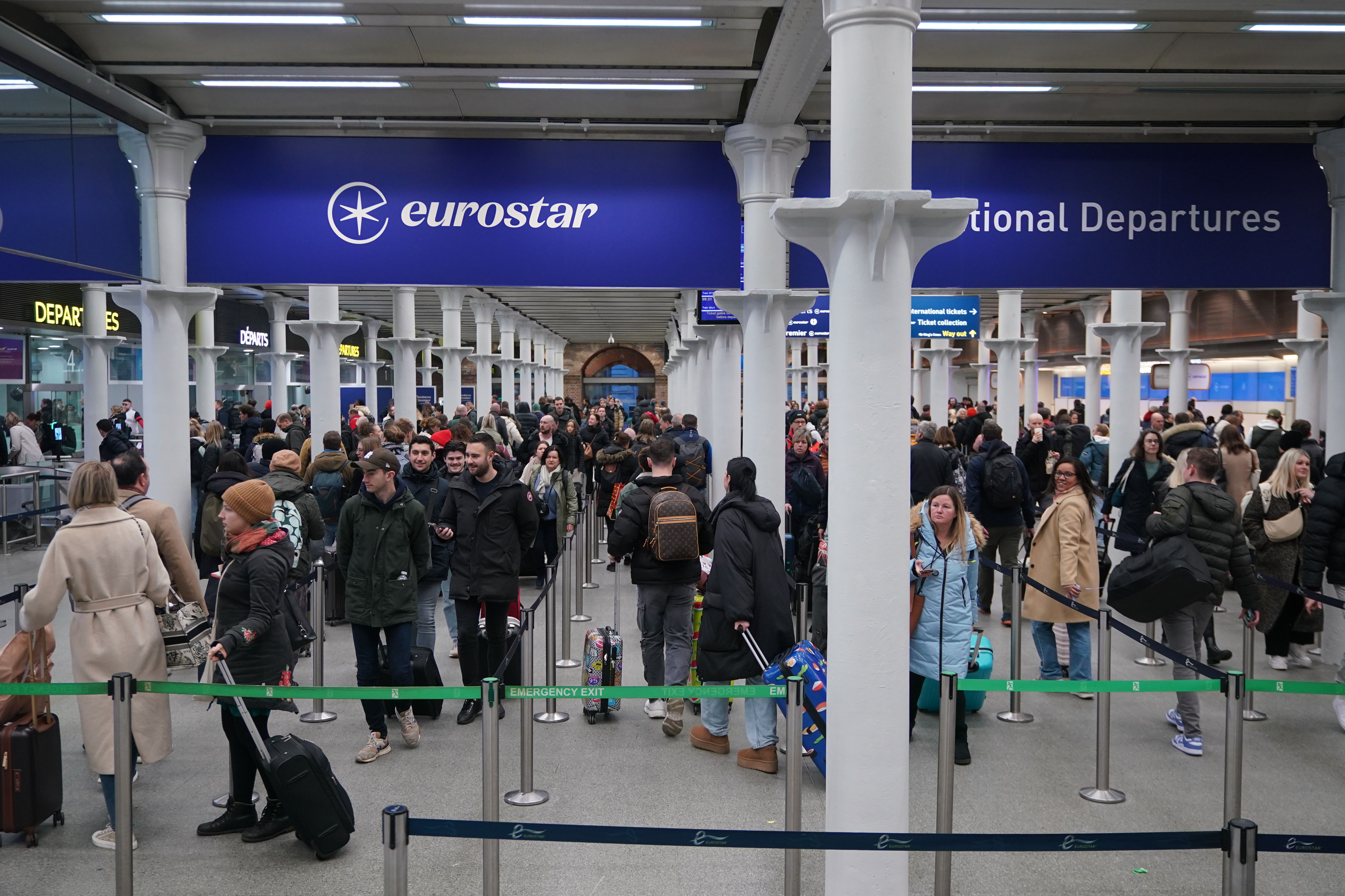Possible restrictions on Eurostar services due to future post-Brexit passport controls

The Brussels Times reports that the delayed implementation of the EU's post-Brexit Entry/Exit System (EES) by the end of 2024 will likely affect Eurostar trains to Brussels. The current facilities at London's St Pancras are deemed inadequate to handle the new checks.
Initially planned for 2022, the introduction of the EES has been delayed twice, most recently to the end of 2024, following a request from France to delay implementation until after the Paris Olympics.
The EES is an automated IT system registering third-country travellers entering the European Union, including UK citizens. It requires the submission of fingerprints and facial biometrics from short-stay visa holders and visa waiver travellers upon entry to the EU and recording refusals.
Efficient alternative?
The EU sees the EES as a more efficient alternative to the manual passport stamping system, citing its ability to provide reliable data on border crossings and systematically detect overstays.
However, Eurostar, which operates trains between London and various EU capitals, including Brussels, is concerned that the EES is primarily designed for airports rather than space-constrained city centre terminals, posing a significant challenge to implementation.
Screening facilities
In addition, UK MPs have raised concerns about the design of the new screening facilities at London St Pancras. Only 24 EES kiosks have been allocated by the French government despite estimates that almost double that number will be needed. This shortfall could result in long queues, particularly peak times, leading to service and passenger restrictions.
Eurostar estimates that implementing the new system could add "two to three minutes" to the current processing time per passenger, significantly longer than the current average of 45 seconds. This could lead to queues of more than an hour and threaten timetable reliability.
Eurostar's CEO, Gwendoline Cazenave, advocates online pre-processing to alleviate congestion and suggests an "emergency brake mechanism" to deal with prolonged queuing problems if they persist.
Passengers queue at the entrance to Eurostar in St Pancras International station, central London.
© PRESSASSOCIATION
Related news

